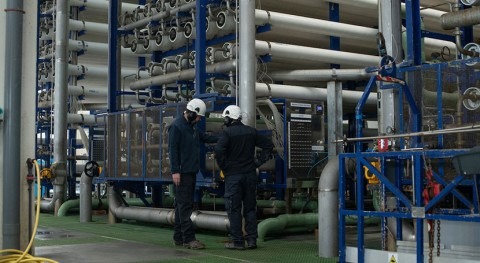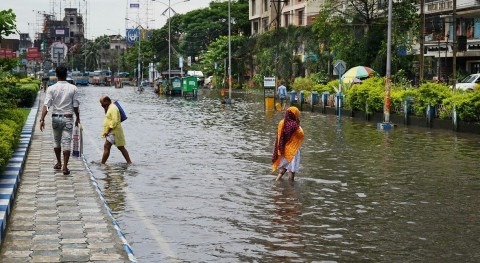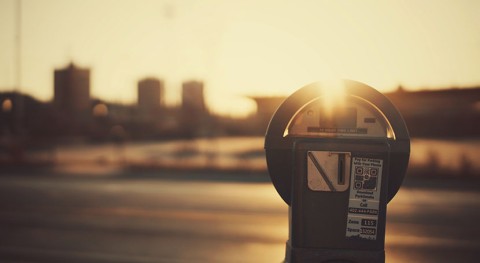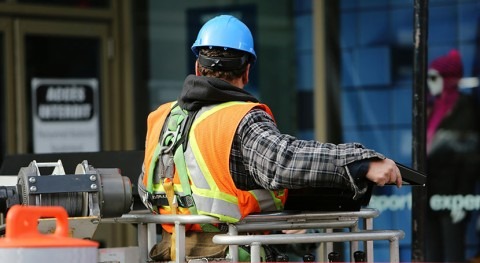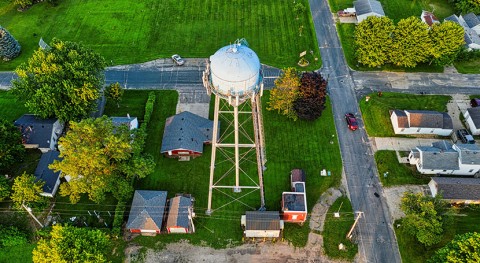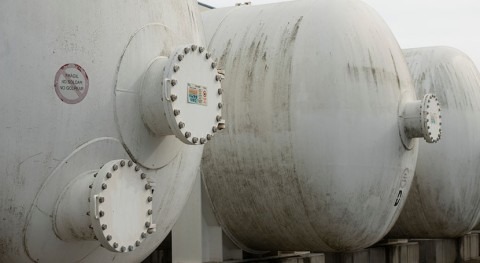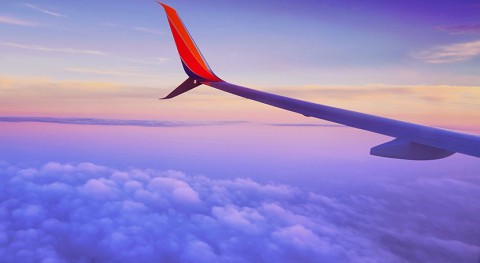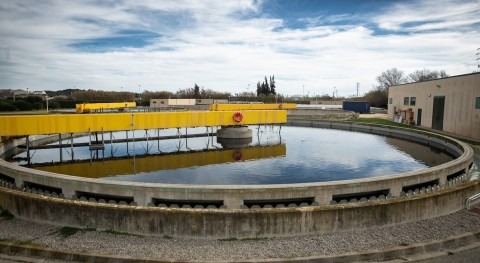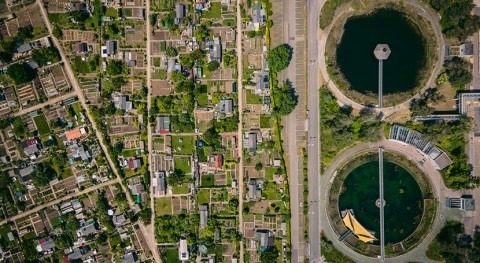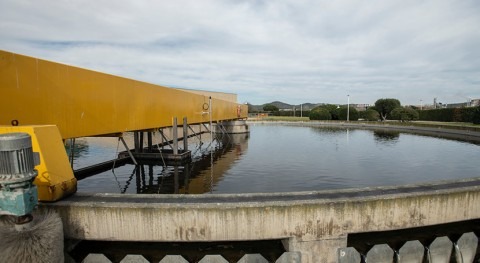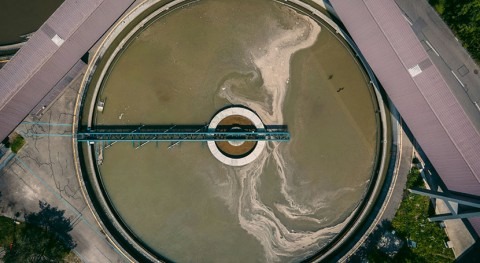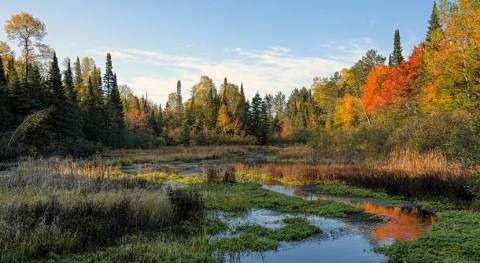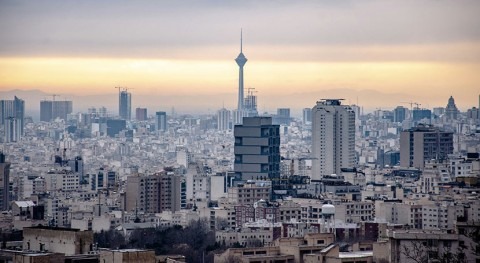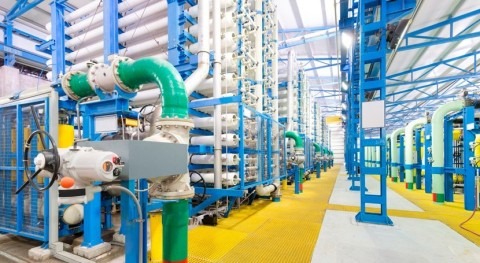The state of Michigan (USA) ordered many businesses to temporarily close during the coronavirus pandemic. But Detroit’s Coca-Cola facility, producing a number of beverages, including Dasani bottled water, remains in operation, as the food and beverage industry is an essential service.
In fact, as the pandemic spread in the country last March, the sales of bottled water increased by 57% compared with March of 2019, informs Consumer Reports. This is even though health authorities have assured citizens of the safety of the water supply. And even though most of the bottled water sold in the U.S. comes from the same municipal water sources than consumers’ tap water.
A detailed article by the U.S. consumer advocacy nonprofit reveals some of the keys of the lucrative bottling business. The bottling industry buys municipal water at a low price, and then sells it at a markup which can be up to 133 times larger. A small price to access a public resource compared with the huge profits, which can amount to an estimated $20-23 million annually from Aquafina from just one plant in the case of Pepsi (which has at least 12 bottling facilities making Aquafina in the U.S.), according to Consumer Reports. So why should we be concerned?
To begin with, water utilities do not treat bottlers and residents the same. Before the coronavirus crisis (Detroit is one of the cities that suspended shutoffs temporarily and is restoring water services during the pandemic), Detroit residents’ water would be shut off once they accumulated $150 in unpaid water bills. But both Coca-Cola and Pepsi had past-due bills of tens of thousands of dollars with no consequences. The Detroit Water Services Department justifies it: “These companies are not a priority target for service interruption due to their payment history and ability to pay.” The story repeats itself in other major U.S. cities.
Beverage companies started to realise bottling tap water was a good business about two decades ago, moving from spring water to “purified”, municipal water that is further treated, which currently dominates the market. While the International bottled Water Association (IBWA), an industry group, defends that the chemical and physical quality of purified bottled water is not the same as the water that comes out of the tap, bottlers have been criticised for not correcting consumers who think purified water comes from natural spring sources. As a result, in 2007 Pepsi voluntarily agreed to state on the labels of its Aquafina brand that the water came from the municipal supply. While the majority of bottlers using a public water supply will process it further, only those who don’t are required to state on the label where the product comes from.
In terms of regulations, there are few requirements and minimal costs for bottlers using tap water, far less than what’s involved in launching a spring water brand. Some experts have called for a tax on the water bottling industry, which could be put towards the cost of maintaining the water system or to provide financial aid for residents with problems to pay water bills. They say the local water supply ─ processing and infrastructure ─ is paid by taxpayers, who are effectively subsidising the bottling businesses.
The IBWA opposes efforts to tax bottled water, citing a recent California State Water Resources Control Board report that examined the idea and stated that the tax “could have a regressive impact on low-income households that purchase bottled water due to actual or perceived contamination of tap water.” But the report also says most bottled water expenditures are optional, and there could be a basis to implement a tax to fund a financial aid programme, as bottled water has environmental impacts (use of plastics). Consumer Reports concurs on the viability of taxing bottled water to fund initiatives that could provide financial help to low-income people with their water bills and/or to invest in water system infrastructure.





